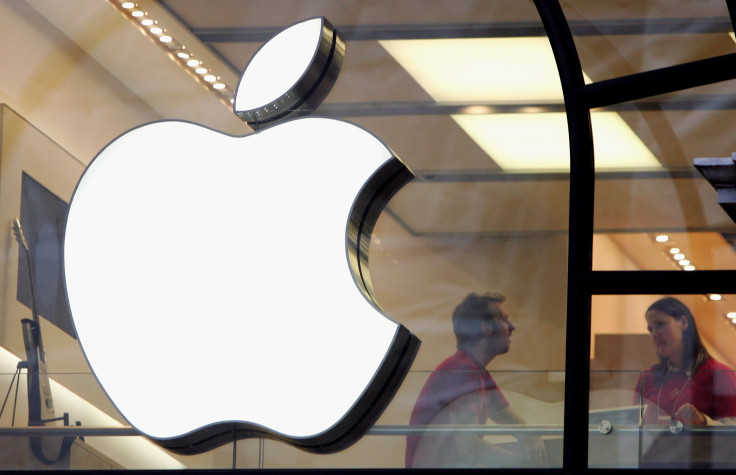Huawei Supports Apple, Tells China Not To Punish US Company Over Trade War

Chinese telecom equipment major Huawei has offered support to Apple against any punitive action by China as part of the trade war.
There had been reports that China may target Apple to settle scores with the U.S for blacklisting Huawei.
Interestingly, both iPhone maker Apple and Huawei are competitors in the China market.
Ren Zhengfei, CEO and founder of Huawei said in a media interview that he would oppose any retaliatory action on Apple by China.
In an interview with Bloomberg, Ren said he is against any retaliatory action on Beijing amidst the escalating trade war with the United States.
“That will not happen first of all, and second of all if that happens, I'll be the first to protest,” Ren said.
He noted that Apple is the world's leading company. “If there was no Apple, there would be no mobile internet,” Ren added.
Calling Apple “my teacher” Ren said, “as a student why should I oppose my teacher?”
Huawei and Apple as competitors in smartphones
Both Huawei and Apple are locked in a fierce completion in the China market.
Huawei shipped nearly 30 million phones in the China market during the quarter ended in March 2019.
That was a 41 percent jump compared to the same period last year, according to market research group Canalys.
At the same time, Apple’s iPhone sales dropped 30 percent in the China market, for the same period.
For Apple, the Greater China market is a critical market as it accounts for 18 percent of net sales per data in the March quarter.
Why would China act against Apple?
Reports of China contemplating to act against Apple have been gaining ground thanks to the latter’s high exposure in the Chinese market.
The action as a tit for tat against the U.S Commerce department’s action of placing Huawei on a trade blacklist may also support China's domestic players.
The blacklisting restricted the Chinese telecom major from conducting business with American companies.
Subsequent to the ban suppliers Google and ARM Holdings held back on their technical support.
The U.S. sanctions could disrupt Huawei's position as the world's top telecommunications equipment maker and No. 2 smartphone brand.
Right now, Huawei has got a 3- months reprieve until late August to do business with American companies.
Huawei’s headwinds
President Donald Trump had called Huawei “very dangerous,” recently and said the curbs against it can be discussed as part of the broader trade deal with China.
Trump’s administration’s campaign against Huawei stems from the suspicion that it is in collusion with Beijing and is on a mission to make China a technology superpower and it is using methods like espionage.
In the U.S, many lawsuits have been filed against Huawei for allegedly stealing intellectual property. The aggrieved companies include Cisco Systems, Motorola and T-Mobile. Critics say Huawei’s rise has more to do with technology theft.
Huawei’s headwinds emanating from the U.S blacklisting may hurt business. Backing out of American suppliers will force it to devise own operating systems and chips for the smartphones.
Apple can become a victim of the trade war
Similarly, the escalation of a trade war could also hurt Apple, according to Fitch Rating analysts.
“Apple could be another victim of the US-China trade war and its market-share loss may accelerate in the Chinese market,” the analysts noted.
Despite the U.S action, the Huawei founder says the company will surge and his rationale of the U.S targeting the company is because Huawei is ahead of the U.S.
“If we were behind, there is no need for Trump to strenuously attack us,” the Huawei boss reasoned.
© Copyright IBTimes 2025. All rights reserved.





















